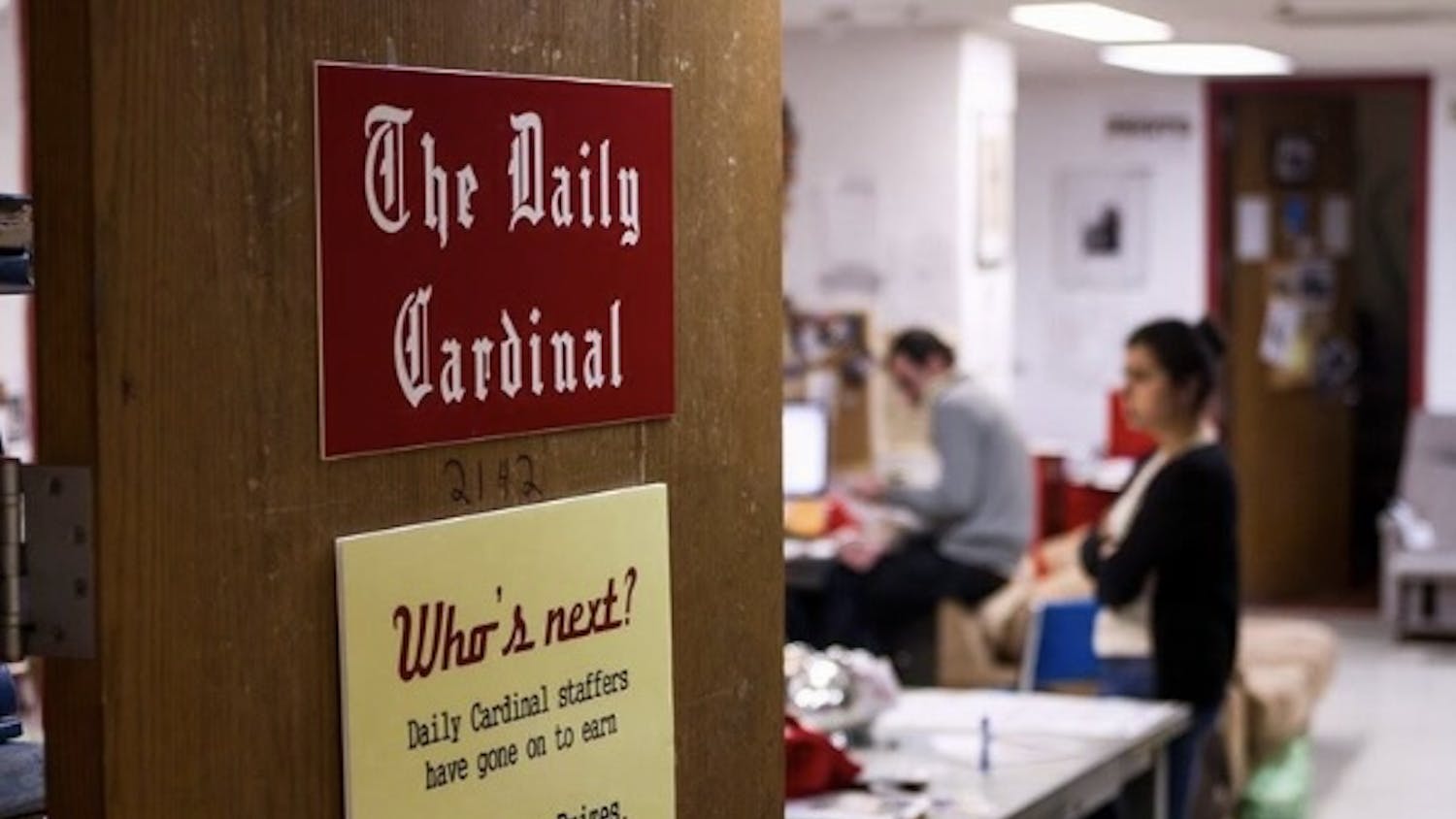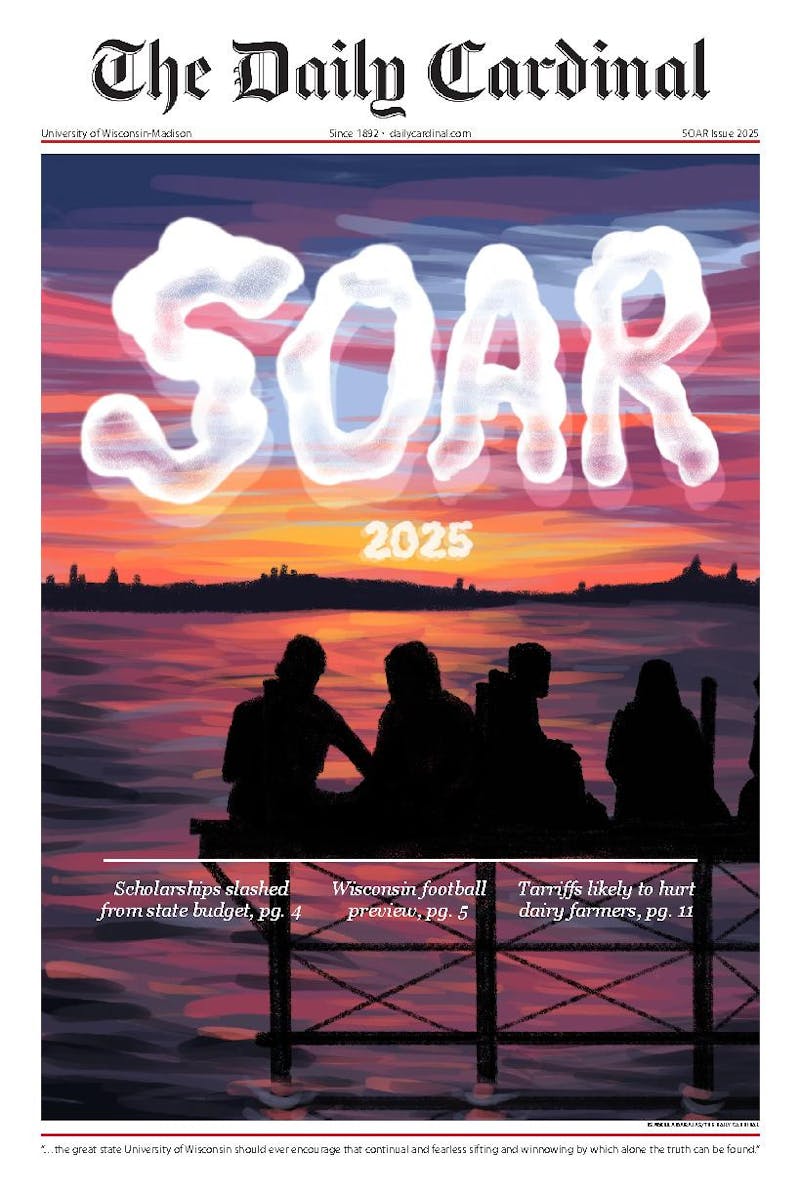The Division of Information Technology will face a discrimination complaint Friday from David Brown, a computer systems and network engineer who suffers from a traumatic brain injury.
Brown applied for a position with DoIT three times over the summer and, after interviews, was denied a job with the department. He plans to file a complaint with the UW-Madison Equity and Diversity Resource Center claiming he was denied based on his disability.
According to Brown, who survived a car accident in November 1999, he was one of six finalists each time he applied and was interviewed each time.
After submitting his third application, Brown said he believes he was ranked first of the eligible candidates. Brown called DoIT to inquire if his ranking was based on his disability certification, and learned his certification had not been considered.
He was suspicious because between his application and his interview, he received a rejection letter, Brown said, adding that DoIT attributed the rejection letter to a clerical error.
Brown said he believes university policy states that a candidate with his type of disabled certification must be granted an interview. Such a policy was not confirmed by the university.
\I was sent a rejection letter, and two days later I was called in for an interview. It seems like this was a perfunctory interview to ... not break policy,"" he said.
However, Luis Pi??ero, UW-Madison assistant vice chancellor for academic affairs and director of the Equity and Diversity Resource Center, said hiring policies differ throughout divisions of UW.
""The hiring processes vary for each position, ... school, college and division,"" Pi??ero said.
Gordon Baldwin, professor emeritus at the UW-Madison law school, said employers have more leeway in hiring decisions for persons with disabilities as opposed to candidates who may be discriminated against on other grounds.
""You can't discriminate in hiring, but if the disablement is related to job performance, the employer has a considerable degree of discretion even if the statute applies,"" Baldwin said, though he could not comment on Brown's case specifically.
According to Brown, Dr. Nathan Glassman, a neuropsychologist, offered to give input on Brown's condition to DoIT, but DoIT did not accept Glassman's assistance. Brown and Glassman claim the doctor's input would help accommodate Brown in the interview process.





